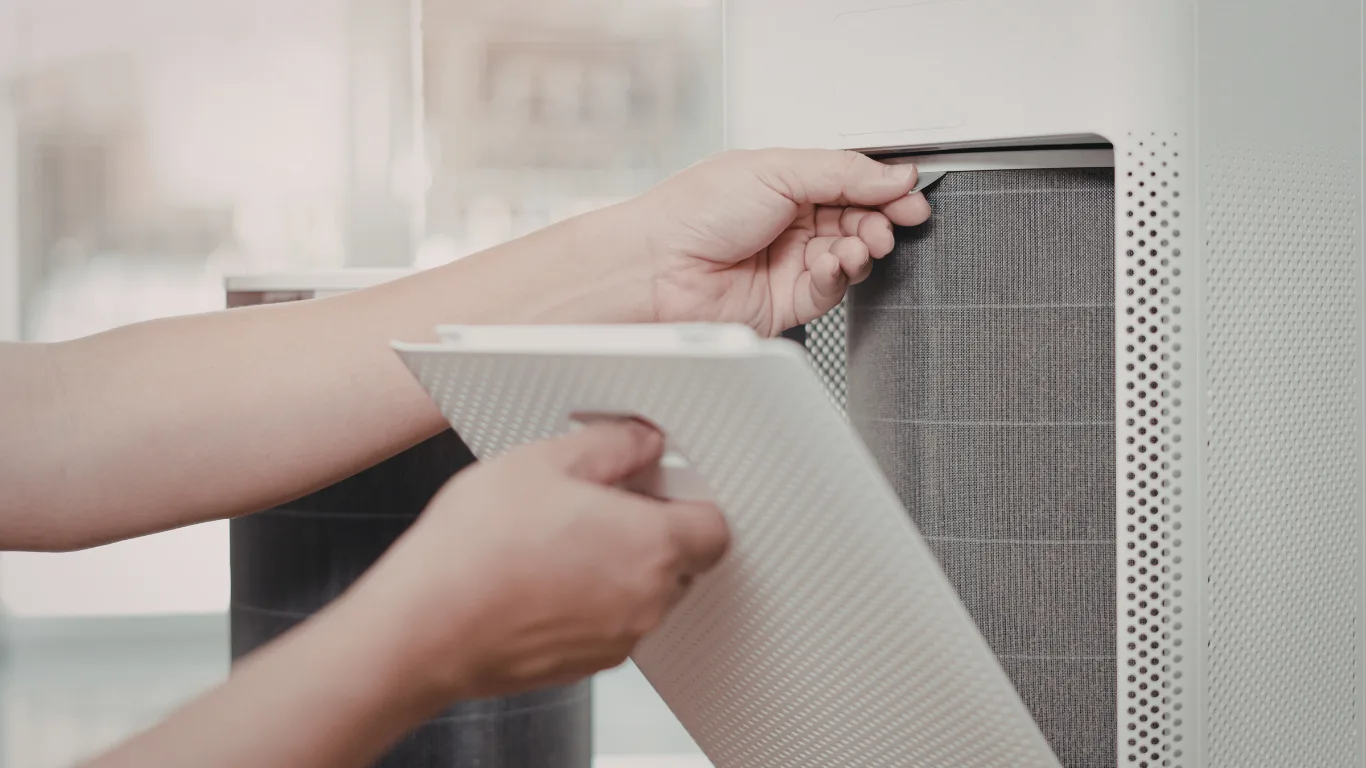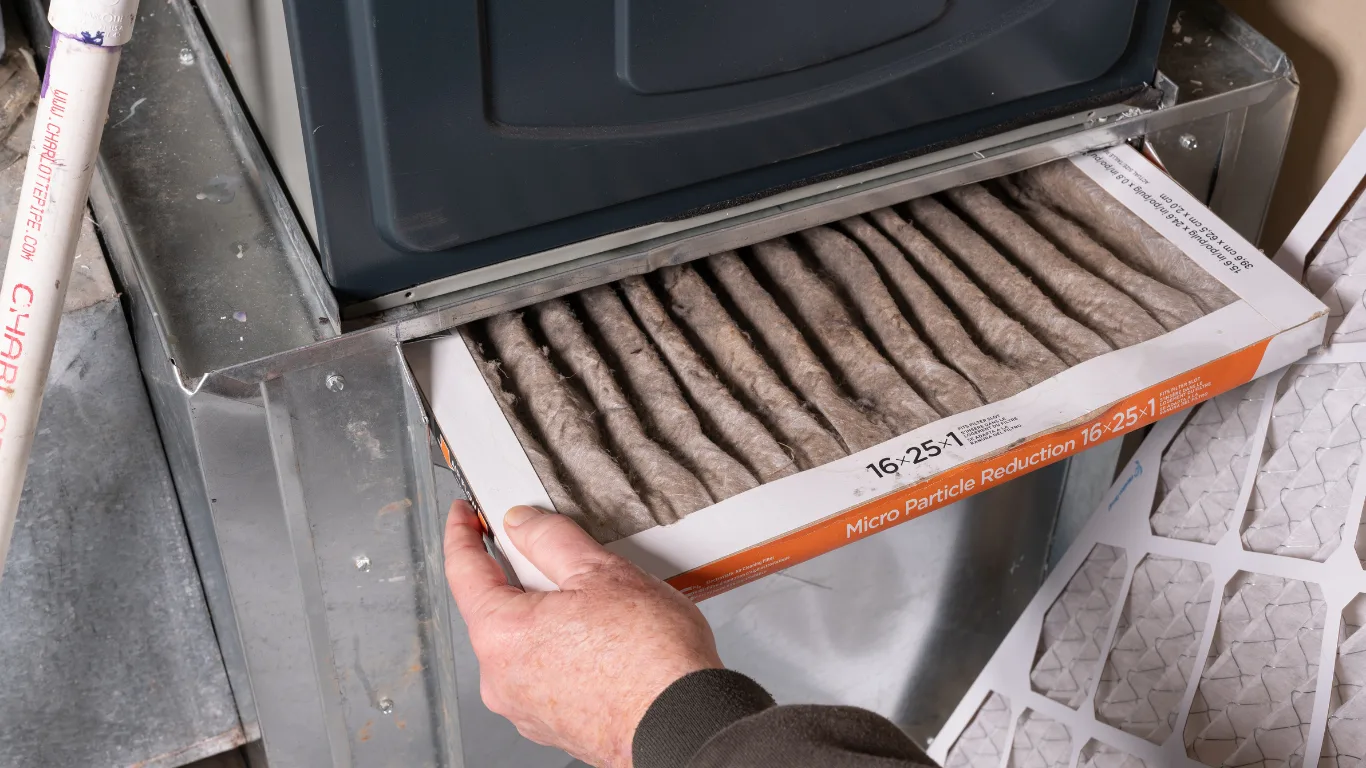Why Timely HVAC Repair Can Save You from Expensive Breakdowns

Your heating and cooling system works hard every single day to keep your home comfortable. Whether it’s battling frigid winter temperatures or sweltering summer heat, your HVAC equipment rarely gets a break. But here’s something most homeowners don’t realize until it’s too late: small problems with your system don’t just disappear on their own. They grow, they multiply, and eventually, they lead to catastrophic failures that empty your wallet.
The difference between a minor repair and a complete system replacement often comes down to timing. When you address HVAC issues early, you’re not just fixing a problem; you’re preventing a domino effect of failures that can leave you without heating or cooling when you need it most.

The Real Cost of Waiting
Think a strange noise from your furnace isn’t worth calling a technician? That grinding sound could be a worn bearing that’s causing friction throughout your system. Left unchecked, it can damage the motor, crack the heat exchanger, or cause electrical components to fail. What started as a minor furnace repair can quickly escalate into a major replacement.
The same principle applies to your air conditioning system. A refrigerant leak might seem minor, but as your AC struggles to cool your home with insufficient refrigerant, the compressor works overtime. This extra strain shortens its lifespan dramatically. Compressor failure is one of the most expensive air conditioner repairs you can face, often costing more than half the price of a new unit.
Warning Signs You Should Never Ignore
Your HVAC system communicates with you constantly. The question is whether you’re listening. Watch for these critical warning signs:
Unusual noises like banging, squealing, or rattling indicate loose parts, worn belts, or components on the verge of failure.
Inconsistent temperatures throughout your home signal problems with airflow, ductwork, or system capacity. If your bedroom is freezing while your living room stays warm, your system is struggling.
Rising energy bills without changes in usage patterns are a red flag. When HVAC systems develop problems, they lose efficiency and consume more energy trying to maintain comfort.
Frequent cycling, where your system turns on and off repeatedly, puts enormous stress on expensive components like compressors and heat exchangers.
Weak airflow from vents suggests clogged filters, duct problems, or blower motor issues that will worsen over time.
The Hidden Dangers of Deferred Maintenance
Beyond financial implications, delaying HVAC repair creates real safety hazards:
Carbon monoxide risks from cracked heat exchangers in furnaces can leak deadly gas into your living space. Symptoms like headaches and dizziness are easy to miss.
Fire hazards from frayed wiring, failing capacitors, or overheating motors can ignite surrounding materials in your system.
Poor indoor air quality develops when filters clog and components fail, allowing dust, allergens, and mold spores to circulate through your home.

The Economics of Prevention
Professional HVAC technicians follow the “1 to 10 to 100 rule”: spending $1 on preventive maintenance saves $10 in repairs and prevents $100 in replacement costs. Here’s why this matters:
Regular maintenance visits cost upwards of $126 annually. Compare this to emergency furnace repair calls starting at $500 or air conditioner repairs exceeding $1,000.
Emergency repairs come with premium pricing. When your furnace quits on the coldest night of the year, you’ll pay overtime rates and have limited options for cost-effective solutions.
Smart Strategies for HVAC Longevity
Protection starts with being proactive rather than reactive:
Schedule annual professional maintenance before each heating and cooling season. Technicians spot potential problems while they’re still minor and inexpensive to fix.
Trust your instincts when something seems off. Homeowners who address concerns immediately almost always spend less than those who wait for complete failure.
Replace filters regularly, every one to three months, depending on your system. This simple task costs just a few dollars but dramatically improves efficiency and reduces component strain.
Keep detailed records of all maintenance and repairs. This helps technicians understand your system’s history and identify patterns indicating underlying problems.
Monitor your energy bills for unexpected increases that signal declining efficiency and developing problems.
Address strange smells immediately, as they often indicate electrical problems, overheating, or even gas leaks requiring urgent attention.

When to Call for Professional Help
Don’t wait for a complete breakdown. Contact an HVAC professional when you notice any performance changes, unusual behavior, or the warning signs mentioned above. Early intervention through timely HVAC repair prevents the cascade of failures that lead to expensive emergencies.
Professional technicians have the expertise to diagnose root causes rather than just treating symptoms. They can identify whether that strange noise is a simple fix or an early warning of major component failure. Their trained eyes catch problems during routine maintenance that homeowners would never notice until it’s too late.
Your Comfort Shouldn’t Wait
Living in the Greater Toronto Area means experiencing temperature extremes that put real demands on your heating and cooling systems. When problems develop, they don’t just create discomfort; they put your entire HVAC investment at risk.
Maintemp Heating and Air Conditioning understands that your home’s comfort system is exactly that: a system where every component affects the others. Our experienced technicians take the time to thoroughly diagnose issues, explain your options clearly, and provide honest recommendations that prioritize your long-term satisfaction over quick fixes. Whether you need furnace repair to keep your family warm through winter or air conditioner repair to beat the summer heat, addressing problems promptly with qualified professionals protects both your comfort and your budget. Don’t let small issues become major expenses – reach out to Maintemp before that strange sound becomes complete silence.
Frequently Asked Questions
How often should I have my HVAC system professionally inspected, even if it seems to be working fine?
Your system should be inspected twice annually, once before heating season and once before cooling season. Even when everything seems fine, technicians can identify worn components, declining efficiency, and safety issues before they become expensive problems.
What’s the average cost difference between catching an HVAC problem early versus waiting until complete failure?
The cost difference is typically three to ten times higher when you wait for complete failure.
Can I tell the difference between a problem that needs immediate attention versus one that can wait?
Call immediately if you smell gas, detect burning odors, see smoke, hear your carbon monoxide detector, or have no heat in freezing temperatures. These are safety emergencies. Strange noises, reduced performance, short cycling, or water pooling should be addressed within a few days before they worsen. Any noticeable change in your system’s operation warrants professional evaluation sooner rather than later.
